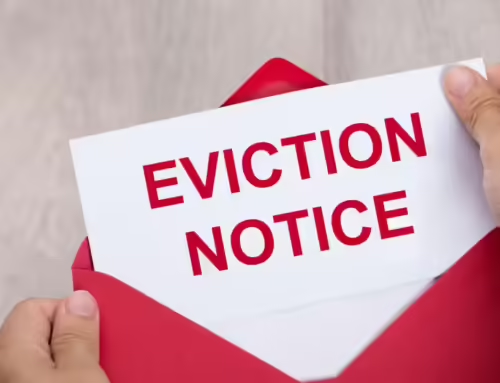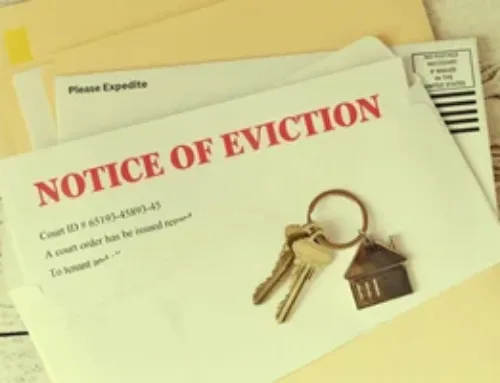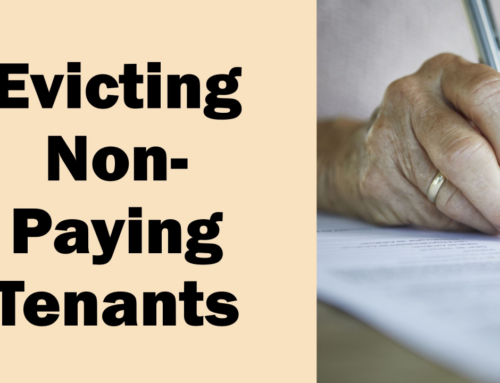Evictions alternatives options for landlords and tenants can be a stressful and costly process. While sometimes necessary, the eviction process often leads to financial loss, emotional distress, and a damaged relationship. Fortunately, there are several alternatives that both landlords and tenants can consider before resorting to eviction. This blog explores these options and how they can benefit both parties. CONTACT US for more info.
Understanding the Need for Alternatives
Evictions typically occur due to non-payment of rent, lease violations, or other disputes. However, these situations can often be resolved through alternative means. Understanding the benefits of exploring alternatives can lead to more amicable solutions, preserving the landlord-tenant relationship and minimizing disruption.
Eviction Alternatives for Landlords
1. Open Communication
Establishing open lines of communication is crucial.
- Discuss Issues: Landlords should approach tenants with empathy, discussing any payment difficulties or lease violations.
- Negotiation: A frank conversation can sometimes lead to a mutually agreeable solution, such as a payment plan.
2. Payment Plans
If a tenant is struggling to pay rent, consider creating a payment plan that allows them to catch up on missed payments.
- Flexibility: Allowing tenants to pay in installments can provide them with the necessary breathing room while ensuring you eventually receive the owed rent.
- Written Agreement: Document the payment plan to avoid future misunderstandings.
3. Mediation Services
Utilizing mediation services can help facilitate discussions between landlords and tenants.
- Neutral Third Party: A mediator can help both parties reach an agreement without the need for legal proceedings.
- Structured Negotiation: Mediation offers a structured environment where concerns can be addressed openly and fairly.
4. Lease Modifications
Consider modifying the lease agreement to better suit both parties’ needs.
- Adjust Terms: Landlords can offer reduced rent temporarily or extend the lease term to provide security for tenants.
- Incentives: Offering incentives for on-time payments or maintaining the property can foster a better landlord-tenant relationship.
5. Cash for Keys
The “cash for keys” approach involves offering tenants a financial incentive to leave the property voluntarily.
- Quick Resolution: This option can expedite the move-out process, allowing tenants to leave on their terms while providing landlords with the ability to re-rent the property sooner.
- Less Stress: It reduces the emotional and financial strain of a lengthy eviction process.
Eviction Alternatives for Tenants
1. Open Communication with Landlords
Tenants should not hesitate to reach out to landlords to discuss any issues affecting their ability to pay rent.
- Transparency: Being honest about financial difficulties can foster understanding and lead to workable solutions.
- Request Adjustments: Tenants can propose alternative payment arrangements or temporary adjustments to their lease.
2. Seek Financial Assistance
Many community organizations offer financial assistance for tenants facing hardship.
- Local Resources: Tenants can research local non-profits, charities, and government programs designed to help those in need.
- Rental Assistance Programs: Programs may provide funds directly to landlords on behalf of tenants, preventing eviction.
3. Mediation Services
Similar to landlords, tenants can also benefit from mediation services.
- Resolution: A mediator can help tenants communicate their needs and concerns effectively, aiming for a resolution that satisfies both parties.
- Less Confrontational: Mediation allows for a less adversarial approach than court proceedings.
4. Understand Rights and Responsibilities
Tenants should familiarize themselves with their rights and responsibilities under local housing laws.
- Tenant Rights: Knowing your rights can empower tenants to advocate for themselves and address landlord concerns appropriately.
- Legal Support: If necessary, seek legal assistance to understand options and navigate disputes effectively.
5. Consider Moving Out
If the situation is untenable and resolution seems unlikely, tenants may consider moving out.
- Voluntary Move: Leaving on amicable terms can prevent eviction from appearing on rental histories, making future housing searches easier.
- Negotiating Terms: Tenants can negotiate terms with landlords regarding the return of security deposits and other concerns.
The webpage provides alternatives to eviction, focusing on options that benefit both landlords and tenants. Suggestions include open communication, payment plans, mediation, lease modifications, and a “cash for keys” arrangement. Tenants are encouraged to discuss financial difficulties, seek local financial aid, and consider mediation to resolve issues. These approaches aim to preserve housing stability for tenants and avoid costly eviction processes for landlords, fostering a positive landlord-tenant relationship.
For more details, visit the full article
Conclusion
Evictions can be daunting for both landlords and tenants, but various alternatives can lead to better outcomes for all involved. Open communication, mediation, and financial assistance can often resolve disputes without the need for formal eviction proceedings. By exploring these options, landlords can maintain positive relationships with tenants, and tenants can preserve their housing stability.
Investing time and effort into finding mutually agreeable solutions not only saves money and stress but also fosters a more respectful and collaborative environment between landlords and tenants.
FAQs
1. What is the best way to communicate with my landlord about financial difficulties?
Approach your landlord with honesty and transparency. Clearly explain your situation and propose potential solutions, such as payment plans.
2. What is “cash for keys”?
“Cash for keys” is an agreement where a landlord offers a financial incentive to a tenant to vacate the property voluntarily, helping both parties avoid the eviction process.
3. How can I find financial assistance for rent?
Research local community organizations, charities, and government programs that provide rental assistance for individuals facing hardship. Websites such as 211.org can help connect you with resources.
4. What are the benefits of mediation?
Mediation provides a neutral space for both parties to discuss issues openly, helping them reach a mutually beneficial agreement without the need for court intervention.
5. Can a landlord refuse to negotiate with a tenant?
While landlords are not legally obligated to negotiate, many may be willing to work with tenants to find a solution that avoids eviction, especially if the tenant has a history of good payments.










